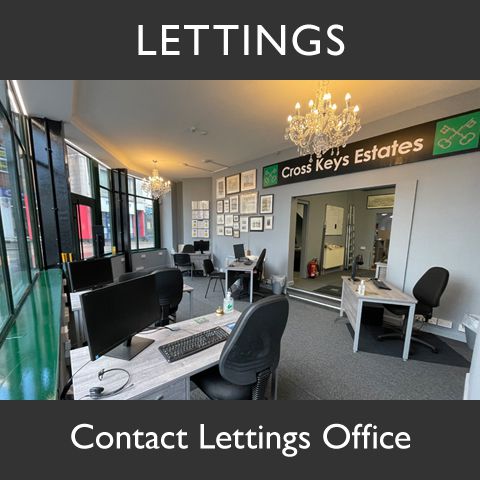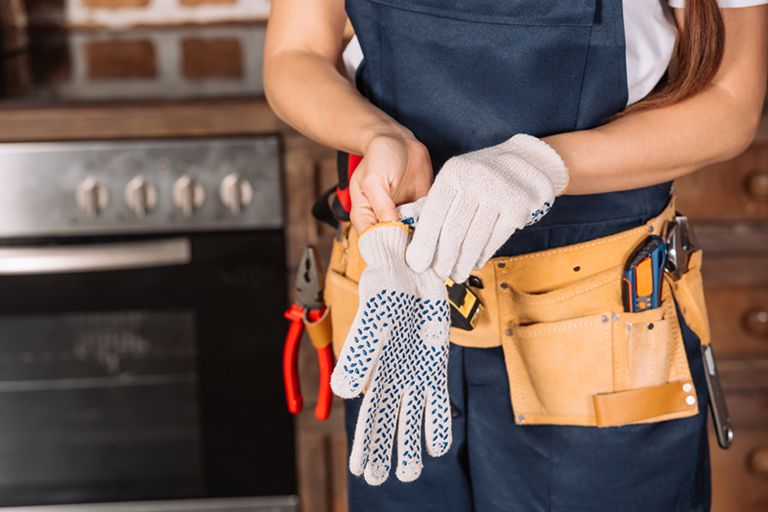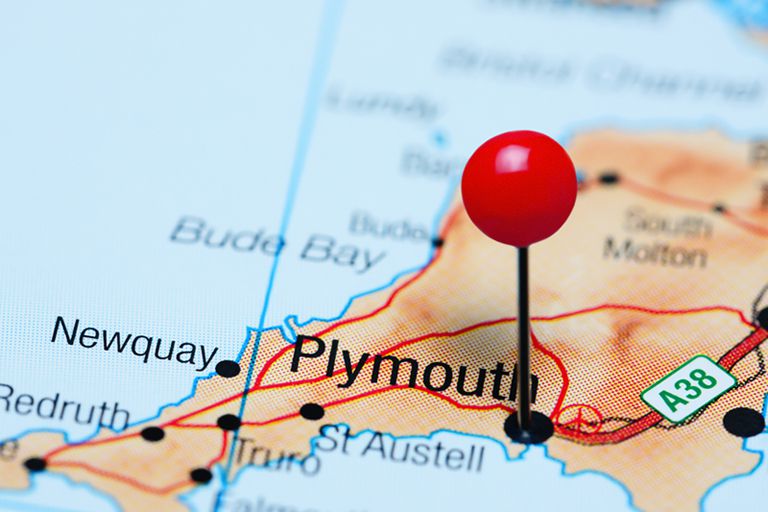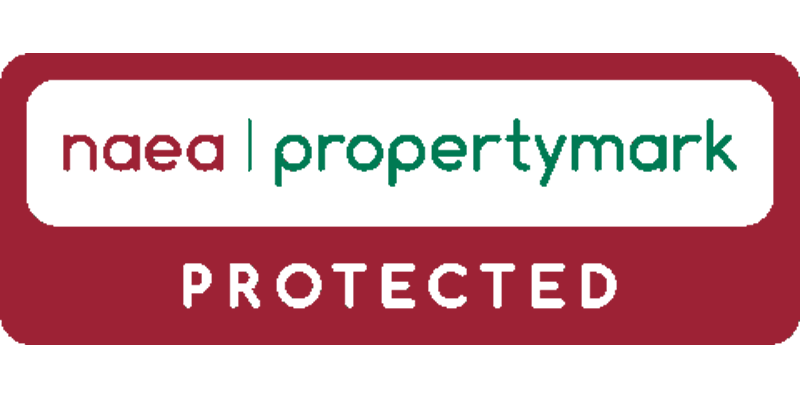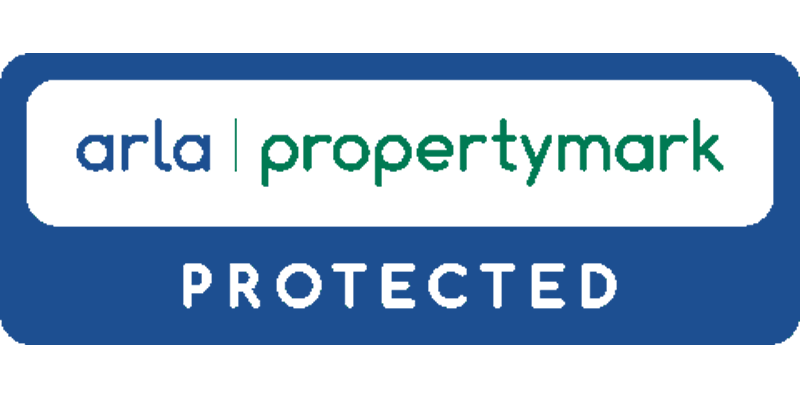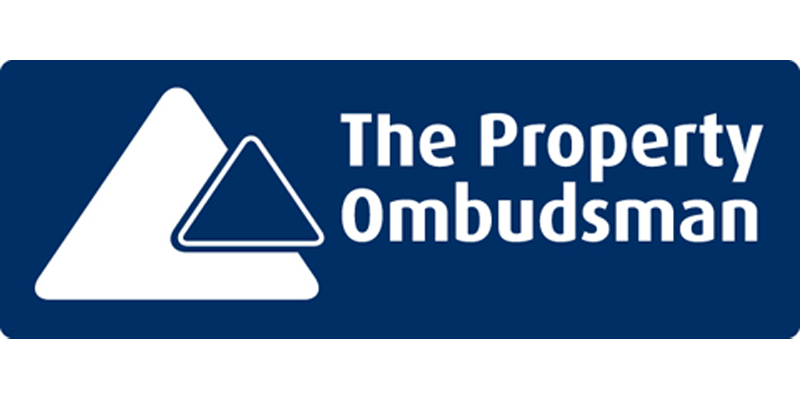How to choose the right solicitor for you and your transaction – When selling or purchasing a property.
Summary:
As we all know buying and selling a property is one of the biggest things you will do and we understand that this comes with worry and also stress. When choosing your desired solicitor, finding the right point of contact is extremely important. Your desired choice can impact the outcome of your sale or purchase whether it’s leasehold, freehold or commercial or due to legal reasons.
Choosing a solicitor for your needs from the start:
One of the main things is making sure your solicitor is made aware and understands your specific legal needs, so identifying your requirements from the start is crucial to avoid any bumps in the road. This can be anything from just a normal selling and buying transaction, to a transaction where there are more complex needs being a separation / divorce, a complex lease transaction or a probate transaction. Knowing your legal needs will help you narrow down the field of potential solicitors with the experience that will be required for your transaction.
Recommendation for potential solicitors:
If you are new to the selling and buying process, or have sold and brought a property before but was not satisfied with your chosen solicitor at the time, one of the most reliable ways to find a proactive solicitor is through recommendations. This could be from friends, family members and also the estate agent who is dealing with your property.
We understand that some clients believe estate agents only recommend solicitors to “gain commission” however this is not the case. As we deal with solicitors daily, it comes to light which solicitors have a reputable background and we also come across ones that unfortunately don’t. It is our duty of care to act in the best interest of our clients, as we of course want to recommend solicitors in which we have experienced transactions with and have also received great feedback.
It’s a common frustration that online solicitors don’t respond to you, and this tends to be the case. Emails will get lost and calls get missed with no returned contact so it’s reassuring when you have a local solicitor acting for you, knowing you can arrange an appointment to meet with your solicitor to raise or go through any concerns in person.
The end result for all parties involved is that we all look for a smooth, and steady process. However, where obstacles do come up, you as the client want to have the confidence your acting solicitor can deal with the issues promptly and also go “The Extra Mile” where required.
My advice would be choosing a local solicitor.
Fees and Comparing:
We also recommend you obtain 2-3 solicitors’ quotes from recommendations. This way, before making a decision you can compare the initial quotes and decide by liaising with the solicitors, which one you feel you have the most confidence in and whether they are the right solicitor for your transaction. Solicitor quotes can vary depending on the solicitor’s expertise and the complexity of your transaction i.e., if it’s a Leasehold? Is it a listed building? are there any restrictions or covenants on the property?
All these factors take a big part in the initial quotation. Don’t forget to discuss the breakdown of fees and the payment structure during your first interaction with the solicitor. This will help you avoid any financial surprises down the road. Remember, the cheapest option is not always the best option.
The importance of Communication from your appointed Solicitor:
Good communication skills are one of the most essential things to look out for, especially in what could be a stressful and tough time. Effective communication can give you the confidence to trust and also build a rapport with your solicitor, along with managing all parties’ expectations by making sure you are both on the same page, at the same time.
Lastly, choosing the right solicitor is a decision that should not be rushed. Take the time to research by looking into reviews for the individual and the company, liaise with multiple solicitors (2-3), and consider all aspects including their fees, the communication received to date and most importantly, do you feel confident and could you trust your appointed solicitor?
Hopefully by following these steps, you can ensure that you are well-represented from the start with a pro-active solicitor, with confidence that you will reach a point of exchange of contracts with completion following.
My husband and I relocated south to Plymouth from Yorkshire in April 2022 after a long time spent deliberating, weighing up the pros and cons and mostly trying to convince friends and family that we hadn’t gone completely crazy. Not only did we rent a property from Cross Keys, they also offered me a job too, which I readily accepted after an interview in The Fisherman’s Arms down in the Barbican!
I cannot believe now that it has been just over two years and like our family and friends who visit, we have very much concluded that it was a great move for us to an amazing city.
Whilst a little apprehensive about moving to a city from a small town we have been very pleasantly surprised by how much Plymouth feels like the world’s largest village.
Easy to navigate around and being based in the Barbican area of the city we genuinely have the best of everything within walking distance of our front door.
We can cross the road and enjoy all the fantastic variety of pubs, bars and eateries that are on offer along with some lovely little quirky shops. A few minutes’ walk takes us to the Hoe with the stunning Smeaton’s Tower and breath-taking views across Plymouth Sound and Fireworks when the festival is on in August … a personal favourite of ours. In the other direction is the city centre with more than enough shopping and entertainment including The Theatre Royal, Drake Circus, The Box, The Pavilions and The Barcode to name only a few.
A short ferry ride from the Barbican makes both Mountbatten and Cawsand easily accessible and good to escape to when it is busy in the holiday months, in addition to the Royal William Yard where the monthly food, craft and produce market is not to be missed.
Working for Plymouth’s number one Estate Agent, Cross Keys, has certainly helped me to find my feet and my way around as well as meeting a fantastic bunch of people who I am proud to call friends as well as colleagues.
Estate Agency was a new direction for me and there are some great aspects of the job not least meeting a wide variety of people on a daily basis and helping them with the next chapters in their lives, whether they are upsizing, downsizing or just stepping onto the property ladder for the first time, it’s so rewarding when they find their next home and helping them through the process to make it enjoyable rather than stressful, it’s a great job.
We have settled so well into our new life and feel incredibly lucky to live in such a vibrant and diverse part of the country beside the ocean and welcome many visitors from the North who now think we are less crazy for moving here as they always enjoy their stays in such wonderful surroundings.
Hello again everyone and welcome to the second instalment of my guide to different aspects of life in Plymouth. As we head nearer to Christmas and start wearing woolly jumpers and big coats, we start to organise ourselves in readiness for the festive season. This is why I thought I would have a chat about how great it is to live in our ocean side city. My last blog concentrated on areas and activities around our waterfront and coastline, this time, I thought I would talk about city life and all the benefits that it can bring.
I moved to Plymouth from, what is in comparison, the small county town of Taunton to join the Royal Navy in 1993, I still cannot believe that this was 30 years ago. When I got here, I was a little overwhelmed by all the amenities that were on offer and the size of the city itself. I wouldn’t consider myself a country boy, but I guess at this time in my life I really was and I found the transition exhilarating.
There were restaurants, shops, cinemas, pubs, clubs, parks, and lots of traffic. It is true that I used to walk miles to the bus stop to get a bus to school as a kid, here every area had its own school, sometimes two or three all within a few minutes’ walk away, but the biggest change for me was the socializing aspect of the city.
The Barbican was, is and will always be a mecca for socializing, especially in the summer and even more so on bank holidays, as it is the place where so many people congregate for meeting with friends and having a drink or three. Many people start a good afternoon out closer to their houses and most seem to end up following a well-trodden trail to the Barbican where you can sit, chat, eat or dance until the sun sets and further in to the evening. There is something for everyone, from cocktail bars, pubs, clubs and some really great restaurants as well.
For me, I do love a wander around the cobbled streets of The Barbican looking around the antique and curiosity shops and the odd charity shop as well. If you wander off the beaten track, there are some real gems there waiting to be explored like artists’ studios, tea rooms and the odd psychic to tell you your destiny.
The one thing that I have noticed since living in Plymouth for over three decades now is how much things really do change. What was Bretonside Bus Depot is now The Barcode, a large complex for people to go and enjoy themselves. There are burger bars, restaurants, cocktails and drinks, cinema, childrens’ activity centre and parking all in one place, what could be simpler or easier.
Drake Circus is the largest shopping complex for Plymouth and has retail and food outlets over three floors. I do feel that this facility could benefit from having some bigger named brands in there but for what it is, you can find most of what you need. Clothes, books, food, toiletries, eateries, jewellers, foot wear or just coffees, you can find all here as well as the added benefit of onsite parking.
Mutley and North Hill have a younger / student vibe with lots of bars and coffee shops to suit all wallets with the addition of one of the city’s newest attractions – The Box. This is Plymouth’s biggest art gallery and cultural centre, which is now home to thousands of fascinating objects from all around the world and includes many local exhibits spotlighting Plymouth’s heritage and achievements. Plymouth prides itself on its arts and culture and regularly hosts many exhibitions and events throughout the year. This is the second time I have mentioned The Box, but I still have no favourites or prejudices for places to go or things to do in Plymouth.
It is around this time of year that Plymouth sets up the Christmas Market on the city centres piazza. Plymouth Christmas Market will run from 30th November to 17th December this year and will be sure to have lots of festive treats on offer. The last Christmassy thing is the panto, oh no it’s not, oh yes, it is! Every year it keeps audiences enthralled right through to the new year, but not many people realise that there is usually another panto / Christmas show at the Barbican Theatre or you might want to go to one of the many other Christmas shows that are put on by local am-dram societies.
This year Cross Keys Estates are proudly sponsoring Zak the Zombie and the Christmas Repair Shop, a production by the very talented Theatre of Boom. I can’t wait to see this as some of my closest friends have not only written it but also taken starring roles in the performances and before you say anything, YES, I am being a little bias, but what else do you expect when you come to realise just what a friendly and sociable lot of people Plymothians truly are.
I hope you have all enjoyed reading this and look forward to writing part 3 for you.
Take care everyone and have a very Merry Christmas.




















